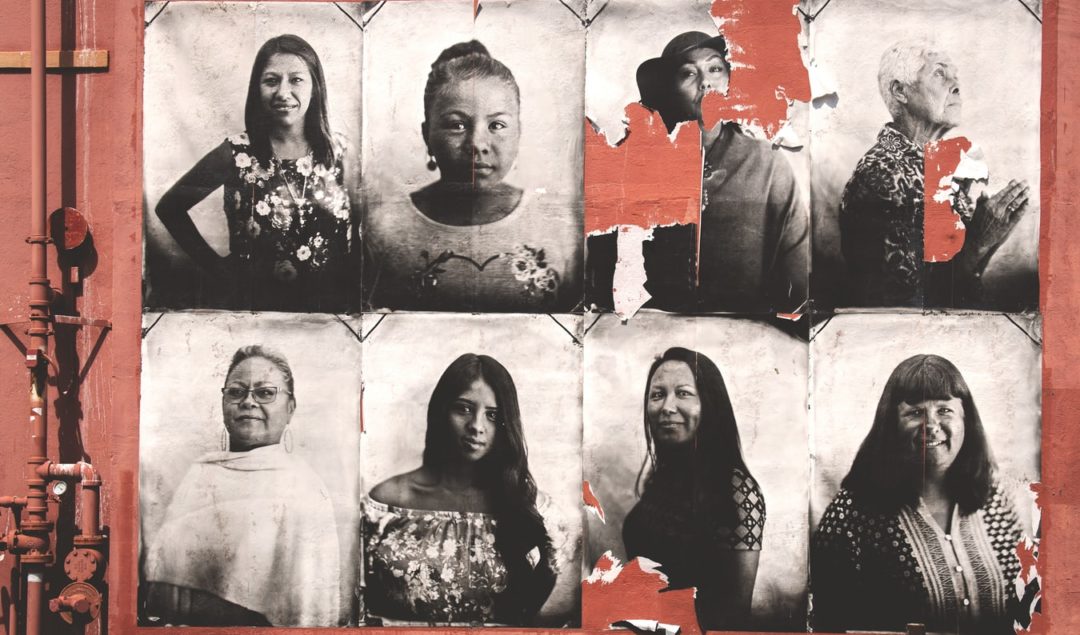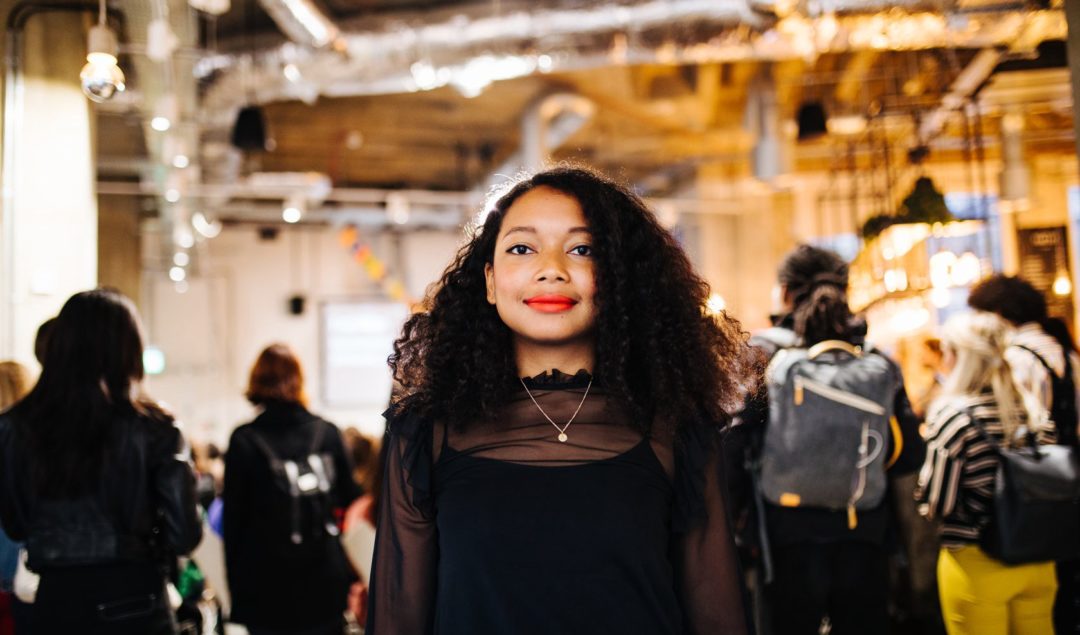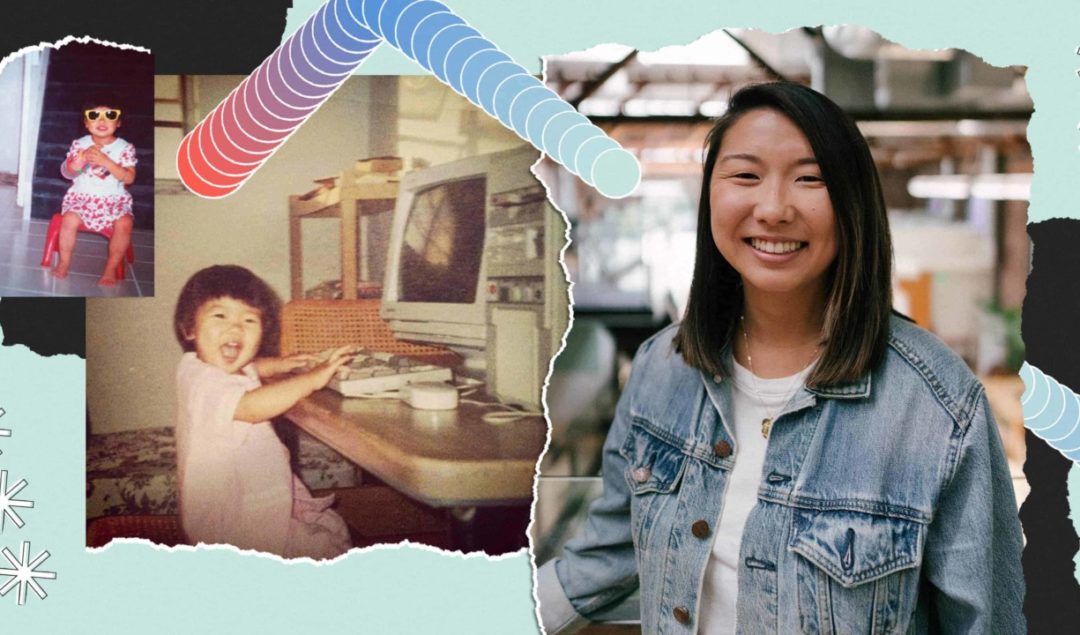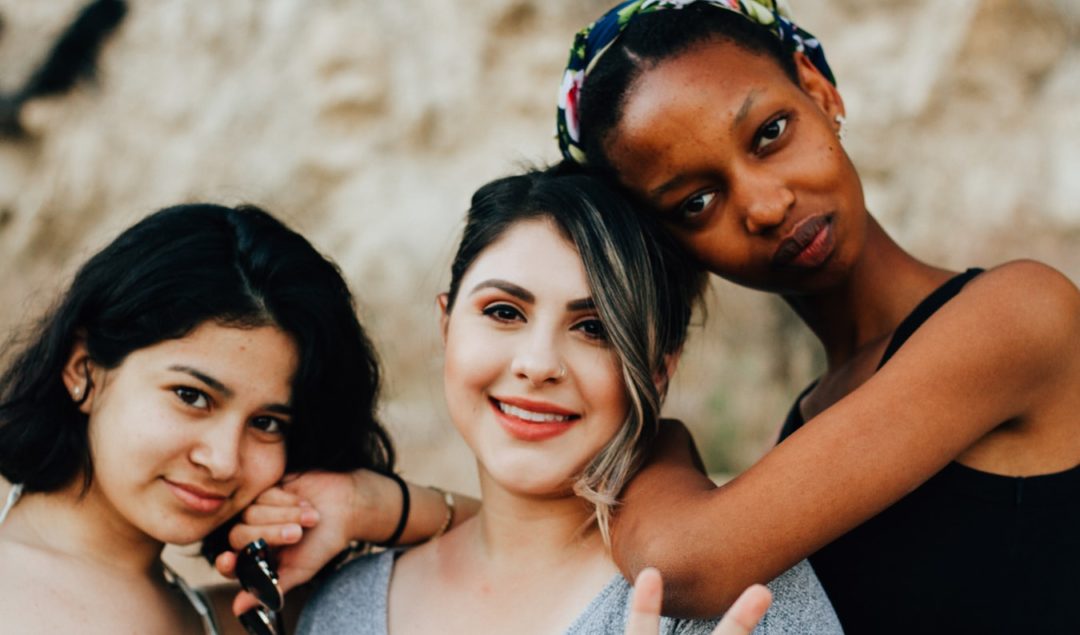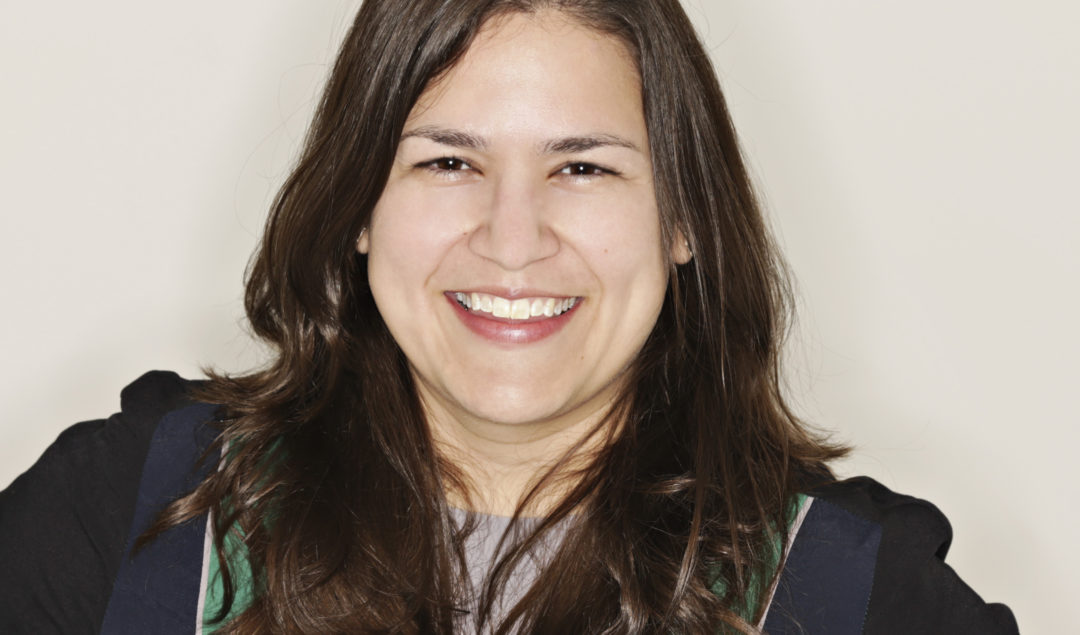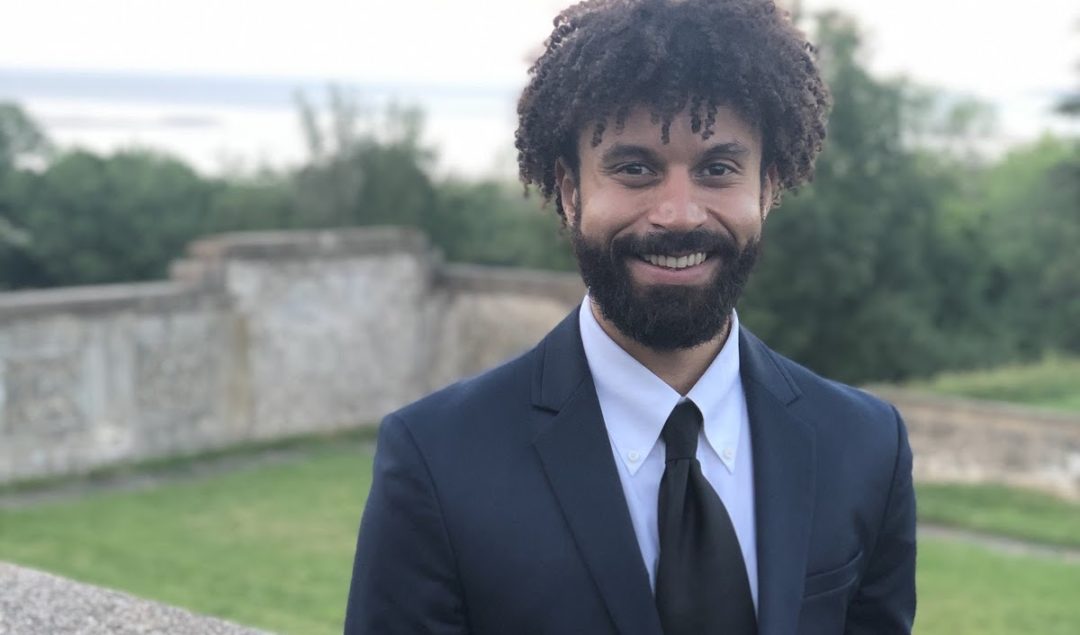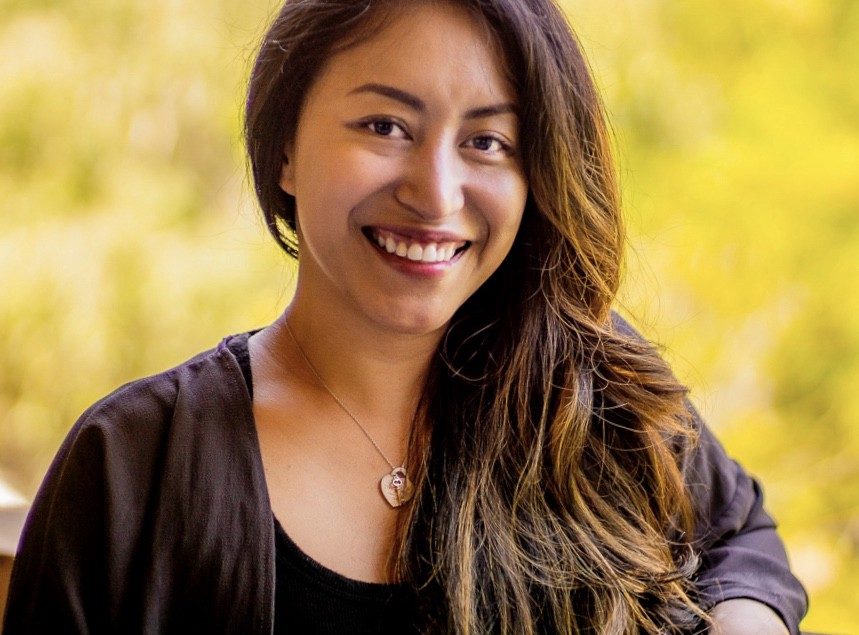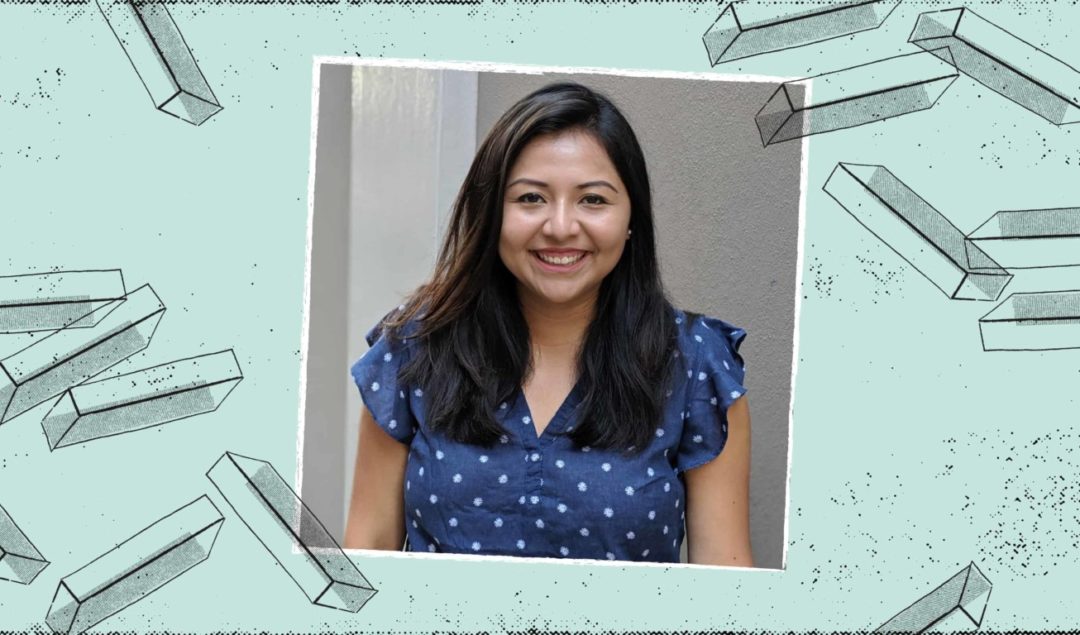I got my first job when I was 16. A few weeks after I got my driver’s license, I drove my red, 2002 Ford Focus over to a local Frisch’s Big Boy. I’d never eaten there, but it always seemed to be empty which I thought was just the right level of intimidating for my first job. My would-be manager, a white man of around 60, conducted an informal interview with me at one of the empty tables — we had every seat in the place to choose from. With
Junior software engineers from under-represented groups should feel ok focusing on their technical work. I recently got my first software engineering job. As someone from an under-represented group in tech, I’m constantly reminded of the inequalities in access to the web development industry. Of 80 developers in my department, I am one of few women, one of two mothers and I may be the only black woman (the department doesn’t track data on this yet). This balance feels wrong to me. It feels unjust. I don’t understand why this job,
A great career shouldn’t come at the expense of your identity, but this is a tradeoff many of us have to make. Written during Latinx Heritage Month, this article examines the role that remote work plays in preserving Latinx culture across the U.S. In life and in business, we talk a lot about trade-offs. We learn that we can’t have it all, that there are certain things we need to sacrifice to get ahead in life. And as a Latinx person, that often means trading off between two of the
Originally published here on Medium Last month, my company Hustle Crew celebrated its third birthday. It’s a significant milestone for many reasons. Three years is the same amount of time I spent at university completing my bachelor’s degree. The longest period I’ve ever worked at a single company (Groupon, 2011–2014). Most importantly it’s far longer than many experts I met at the start — from other CEOs to investors — thought this business would last. I’ll spare you our origin story as I’ve shared it before, but in 2016 when I set
Posted in Open Design by Sara Zhang “Product Designer.” When I first moved to San Francisco and was looking for a job in the design world, this title appeared in listing after listing, and I had no idea what it meant. I wondered, What is product design? What is product? And what on earth is Sketch? The year was 2013, and I was fresh out of Florida State University with a shiny new art degree. I’d been creative since I was young and began taking art classes in middle school.
This post first appeared on Elpha, a community for women in tech to talk candidly online” If you’re a woman (particularly a woman of color) in tech, you’ve probably felt it. That feeling that you’re the “only one” in the room. The feeling that you don’t belong, that you need to prove yourself, that you’re alone. According to a study by Leanin.org and McKinsey & Company, one in five women report being one of the only women in the room. In senior leadership, this is twice as common: 40% of women are the only
Meet Carmen Bocanegra, a first-generation, Peruvian-American Senior UX Designer. In this interview, Carmen talks about her journey, explains why UX is so much more about the people than it is about the technology, how using twitter helped her career, and why working in UX can mean so many different things. TrussWorks is hiring on pocitjobs.com Tell us about your career path? I was a really curious kid. I asked a lot of questions. I had a love of science because my parents were both in the medical profession. I grew
Flatiron Health is hiring on pocitjobs.com Most people choose either a career in law and policy or biology. Jonathan Bryan chose both. This senior quantitative data analyst at Flatiron Health – a company on cancer research – initially wanted to pursue a career in law on health policy and biomedical innovations. Instead, he found himself veering toward quantitative biological research. “The pursuit of truth,” as Jonathan claims, attracted him to statistics. In college, the use of rigorous mathematical models to establish facts in a pivotal course on population ecology by
Originally posted here by Wogrammer Rochelle Valdez is a one-of-a-kind leader, coder, and organizer. Despite obstacle after obstacle, she has been able to find success as a developer at Google. She grew up in the Philippines on the streets of Manila, and at only ten years old, her family moved across the world to a small town in east Texas. Expected to work in the healthcare industry Throughout her life, it was made clear by her community and family that she was expected to work in the healthcare industry. However,
As a technical recruiter, I love understanding the composition of a team, learning what skills are missing, and recruiting people who will round things out and help the team perform optimally. But most of all, I love being able to work for a company where I can cast a wide net to untapped communities that include underrepresented people because we truly value inclusion. As a woman and the daughter of Peruvian immigrants, I sit at the intersection of two groups who struggle to get into the recruiting pipeline. I know



